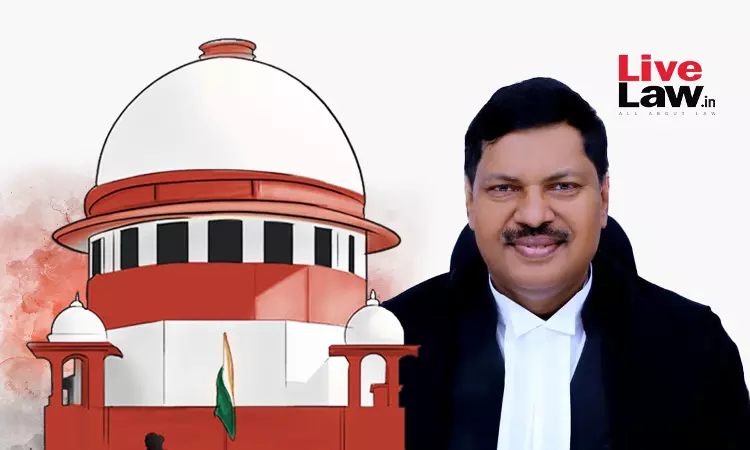Our Progress In Social & Economic Justice Only Because Of Constitution & Dr.Ambedkar's Vision : Justice BR Gavai
Amisha Shrivastava
4 Aug 2024 10:23 AM IST

Next Story
4 Aug 2024 10:23 AM IST
Justice BR Gavai on Saturday credited the Constitution of India and Dr. BR Ambedkar's vision for enabling individuals from humble backgrounds, including himself, to reach significant positions. He also highlighted the proactive role of the Supreme Court in promoting social and economic justice, particularly for women and the members of Scheduled Castes and Scheduled Tribes and Other...
